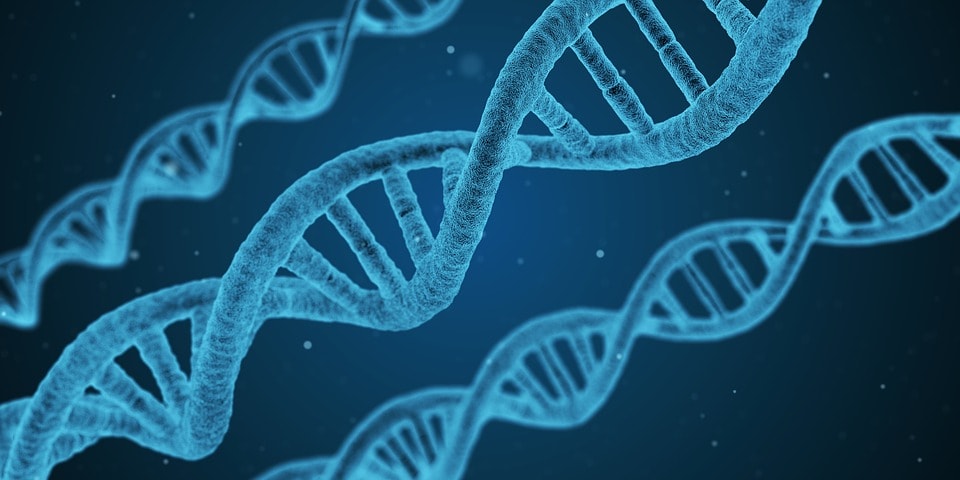Every human being is unique – shouldn’t our medical care be just as unique as we are?
DNA, genes, pharmacy, medications genetics, are all terms that we hear readily on television in commercials and police shows, on real life dramas and in court cases, in the news and in books but what does this all mean to the average person? Just as features such as eye color and hair color can be inherited from our parents so too can high cholesterol or diabetes or cancer risk. What do all these terms mean and what can pharmacogenetics do for me?
To begin, we all have DNA. This is the hereditary material found in all cells in the center or the nucleus as well as small amounts in an organelle called the mitochondria which is also found within all of our cells. DNA holds the key to many things in our bodies – will I have blue eyes or brown, black hair of red? Will I have diabetes like my Dad, or high cholesterol like my Mom? While we can make choices regarding health that can help many conditions sometimes it is just in the genes and we cannot change this. Did you ever wonder why the doctor asks about Family history? It is to understand if you may be genetically predisposed to certain conditions based on your family before you. Medicine and researchers have been trying to unravel and unlock these mysteries for years.
Pharmacogenetics is drug-gene testing. It studies how your genes – your unique genetic code – is affected by medication. Some genes are responsible for the way our bodies process medication, clearance rates, efficacy, effect of dosage. Pharmacogenetics looks for the variants in our genes to give us the answers to these questions. A small drop of blood or cheek swab with cheek cells and saliva can tell us if a certain medication will be an effective treatment, what the best dosing is, or if you are at risk for side effects from a certain medication. The lab will examine changes or variants in one or more genes that affect an individual’s response to the medications being tested.
Pharmacogenetic testing is most widely used for psychiatric medications, cancer treatments and cardiovascular medications. However, there are limitations. You cannot test for all medications in one test. You can test for certain classes together such as the class of drugs, psychologic. Pharmacogenetic testing is not available for all drugs and there are currently no tests for over the counter medications like aspirin. Some insurance companies will cover the cost, others will not. It depends on the insurance policy and the reason for testing.
Studies have shown that therapy utilizing pharmacogenetics reduces costs to the patient as medications that are optimal can be utilized right away. Medication costs are lowered as there is less trial and error, response time increased, in other words, patients are twice as likely to respond favorably with the desired result from the medication than without genetic testing. Physicians report that patient satisfaction increases too as the patients’ have better and faster corrective outcomes. In the working world, pharmacogenetics and the subsequent medication choices based on the results, have been shown to decrease time spent away from work due to illness and due to doctor visits by almost three times as compared to those trying different medications and not getting the adequate response.
The future of medicine looks toward providing care based on the individual with targeted care utilizing treatments and medications that we know will work based on our unique genetic makeup. Every human being is unique – shouldn’t our medical care be just as unique as we are?



